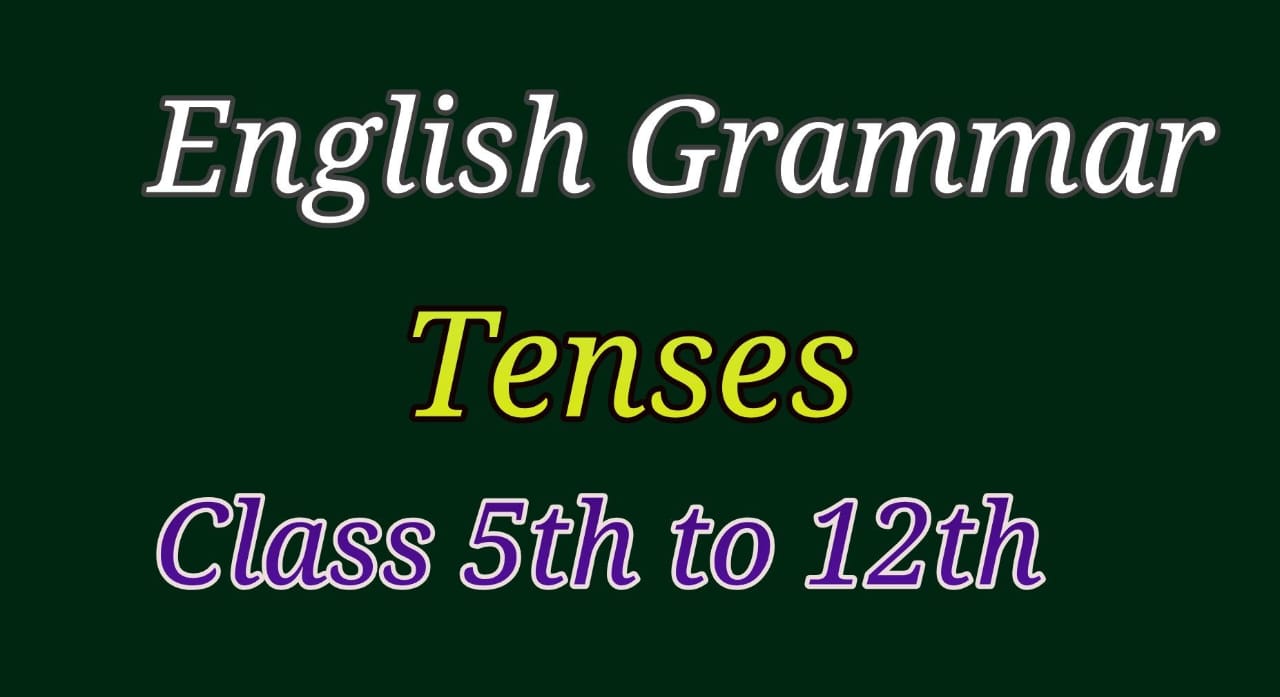The tag usually consists of an auxiliary verb and a pronoun that matches the subject of the statement.
If the statement has an auxiliary verb, the tag uses the same verb. If there is no auxiliary verb, the tag uses “do” or “does” for present tense statements and “did” for past tense statements.
Example: “You are coming, aren’t you?” – “are” is the auxiliary verb, and “you” matches the subject.
Subject-Verb Agreement:
The verb in the tag should agree with the subject of the statement.
Example: “She is happy, isn’t she?” – “she” is the subject, so “isn’t” matches with it.
Polarity:
If the statement is positive, the tag is usually negative, and vice versa.
Example: “He can swim, can’t he?” – The statement is positive, so the tag is negative.
Use of Pronouns:
The pronoun in the tag refers back to the subject of the statement.
Example: “They like pizza, don’t they?” – “they” is the subject, so “they” is used in the tag.
Intonation:
In spoken English, the intonation of the tag often indicates whether it’s a question or a statement.
Rising intonation indicates a question, while falling intonation indicates a statement.
Example: “You’re coming, aren’t you?” – The pitch rises on “aren’t you” to indicate a question.
“She is a doctor, ____?”
a) is she
b) isn’t she
c) does she
d) doesn’t she
Answer: b) isn’t she
“They won’t be late, ____?”
a) won’t they
b) will they
c) aren’t they
d) don’t they
Answer: a) won’t they
“He didn’t eat lunch, ____?”
a) did he
b) didn’t he
c) does he
d) doesn’t he
Answer: a) did he
“You are happy, ____?”
a) are you
b) aren’t you
c) do you
d) don’t you
Answer: b) aren’t you
“She can speak French, ____?”
a) can’t she
b) can she
c) couldn’t she
d) couldn’t you
Answer: a) can’t she
“They were at home, ____?”
a) were they
b) weren’t they
c) did they
d) didn’t they
Answer: a) were they
“He’s going to the party, ____?”
a) isn’t he
b) is he
c) does he
d) doesn’t he
Answer: a) isn’t he
“We have enough time, ____?”
a) don’t we
b) do we
c) isn’t it
d) is it
Answer: a) don’t we
“She’s coming with us, ____?”
a) isn’t she
b) is she
c) does she
d) doesn’t she
Answer: a) isn’t she
“You’ve finished your homework, ____?”
a) haven’t you
b) have you
c) don’t you
d) doesn’t it
Answer: a) haven’t you
“He likes ice cream, ____?”
a) doesn’t he
b) doesn’t she
c) does he
d) does she
Answer: a) doesn’t he
“They won’t pass the exam, ____?”
a) will they
b) won’t they
c) do they
d) don’t they
Answer: a) will they
“She didn’t finish her dinner, ____?”
a) did she
b) didn’t she
c) does she
d) doesn’t she
Answer: a) did she
“It’s raining outside, ____?”
a) isn’t it
b) is it
c) doesn’t it
d) does it
Answer: a) isn’t it
“They can’t swim, ____?”
a) can’t they
b) can they
c) can’t we
d) can we
Answer: a) can’t they
“He’s going to the store, ____?”
a) isn’t he
b) is he
c) doesn’t he
d) does he
Answer: a) isn’t he
“She finished her work early, ____?”
a) didn’t she
b) did she
c) does she
d) doesn’t she
Answer: a) didn’t she
“They don’t like spicy food, ____?”
a) do they
b) don’t they
c) does they
d) doesn’t they
Answer: a) do they
“He hasn’t been to Paris, ____?”
a) has he
b) hasn’t he
c) does he
d) doesn’t he
Answer: a) has he
“She’s not coming, ____?”
a) is she
b) isn’t she
c) does she
d) doesn’t she
Answer: a) is she
“They won the game, ____?”
a) didn’t they
b) did they
c) don’t they
d) do they
Answer: a) didn’t they
“You’ve finished your homework, ____?”
a) haven’t you
b) have you
c) hasn’t you
d) has you
Answer: a) haven’t you
“She speaks English fluently, ____?”
a) doesn’t she
b) doesn’t he
c) does she
d) does he
Answer: a) doesn’t she
“We’re going to the beach, ____?”
a) aren’t we
b) are we
c) don’t we
d) do we
Answer: a) aren’t we
“He can’t swim, ____?”
a) can he
b) can’t he
c) does he
d) doesn’t he
Answer: a) can he



